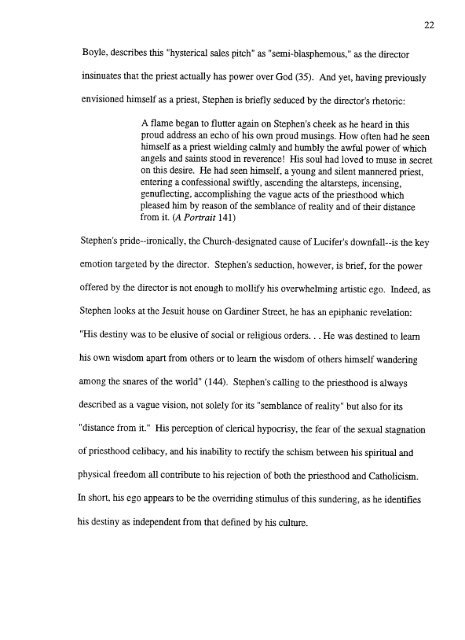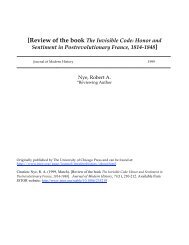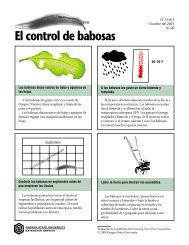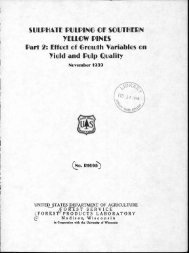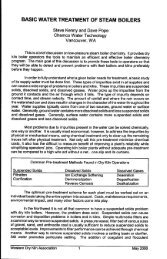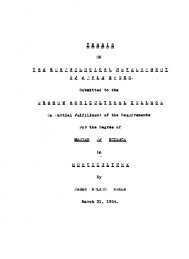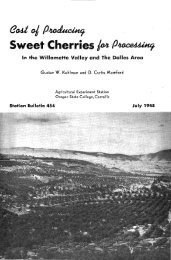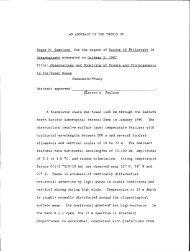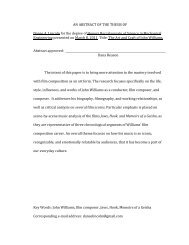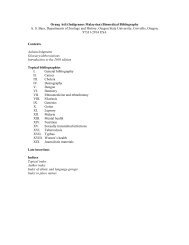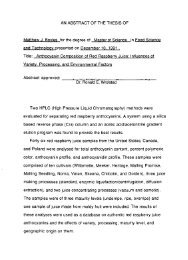Faubourg Saint Patrice - ScholarsArchive at Oregon State University
Faubourg Saint Patrice - ScholarsArchive at Oregon State University
Faubourg Saint Patrice - ScholarsArchive at Oregon State University
Create successful ePaper yourself
Turn your PDF publications into a flip-book with our unique Google optimized e-Paper software.
Boyle, describes this "hysterical sales pitch" as "semi-blasphemous," as the director<br />
insinu<strong>at</strong>es th<strong>at</strong> the priest actually has power over God (35). And yet, having previously<br />
envisioned himself as a priest, Stephen is briefly seduced by the director's rhetoric:<br />
A flame began to flutter again on Stephen's cheek as he heard in this<br />
proud address an echo of his own proud musings. How often had he seen<br />
himself as a priest wielding calmly and humbly the awful power of which<br />
angels and saints stood in reverence! His soul had loved to muse in secret<br />
on this desire. He had seen himself, a young and silent mannered priest,<br />
entering a confessional swiftly, ascending the altarsteps, incensing,<br />
genuflecting, accomplishing the vague acts of the priesthood which<br />
pleased him by reason of the semblance of reality and of their distance<br />
from it. (A Portrait 141)<br />
Stephen's pride--ironically, the Church-design<strong>at</strong>ed cause of Lucifer's downfall- -is the key<br />
emotion targeted by the director. Stephen's seduction, however, is brief, for the power<br />
offered by the director is not enough to mollify his overwhelming artistic ego. Indeed, as<br />
Stephen looks <strong>at</strong> the Jesuit house on Gardiner Street, he has an epiphanic revel<strong>at</strong>ion:<br />
"His destiny was to be elusive of social or religious orders. . . He was destined to learn<br />
his own wisdom apart from others or to learn the wisdom of others himself wandering<br />
among the snares of the world" (144). Stephen's calling to the priesthood is always<br />
described as a vague vision, not solely for its "semblance of reality" but also for its<br />
"distance from it." His perception of clerical hypocrisy, the fear of the sexual stagn<strong>at</strong>ion<br />
of priesthood celibacy, and his inability to rectify the schism between his spiritual and<br />
physical freedom all contribute to his rejection of both the priesthood and C<strong>at</strong>holicism.<br />
In short, his ego appears to be the overriding stimulus of this sundering, as he identifies<br />
his destiny as independent from th<strong>at</strong> defined by his culture.<br />
22


